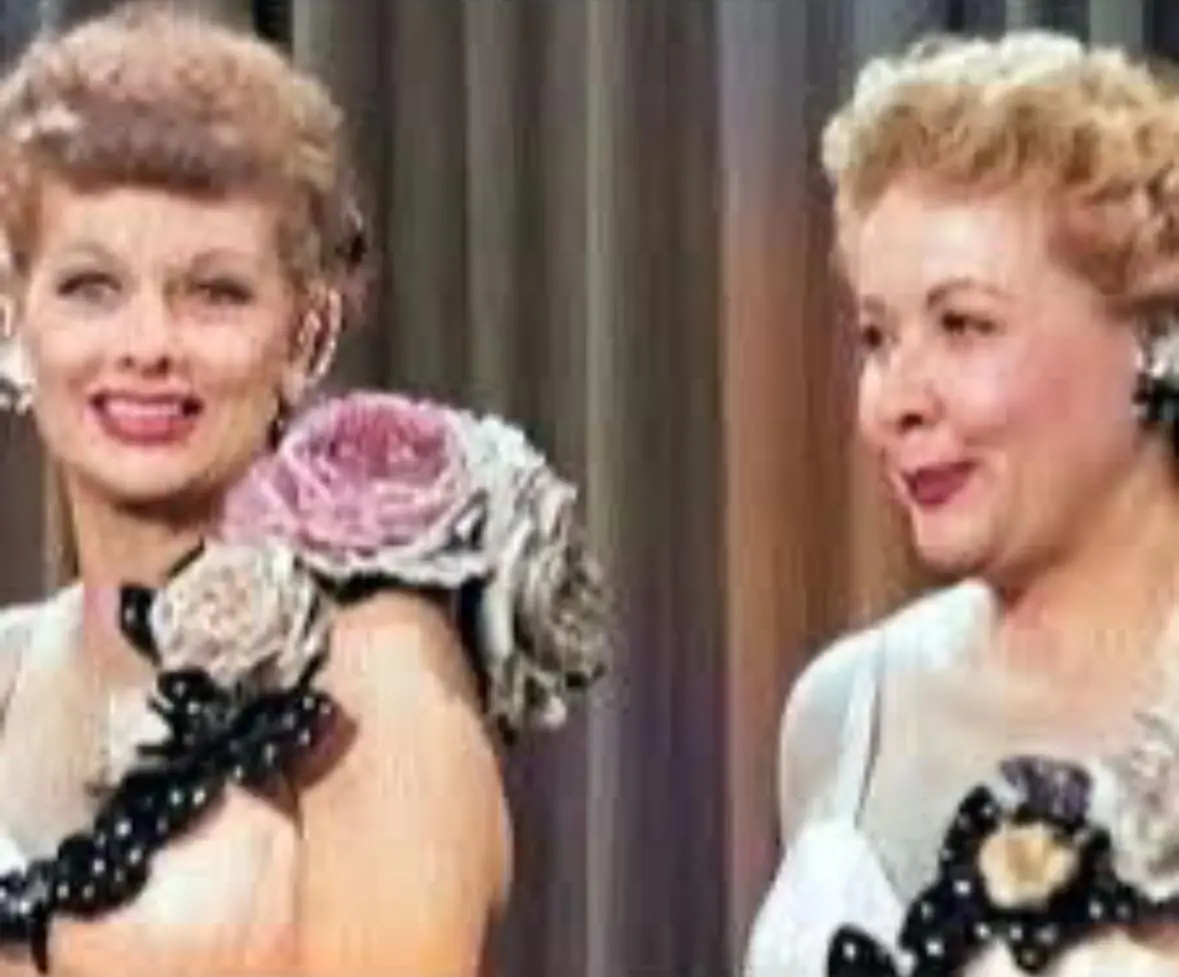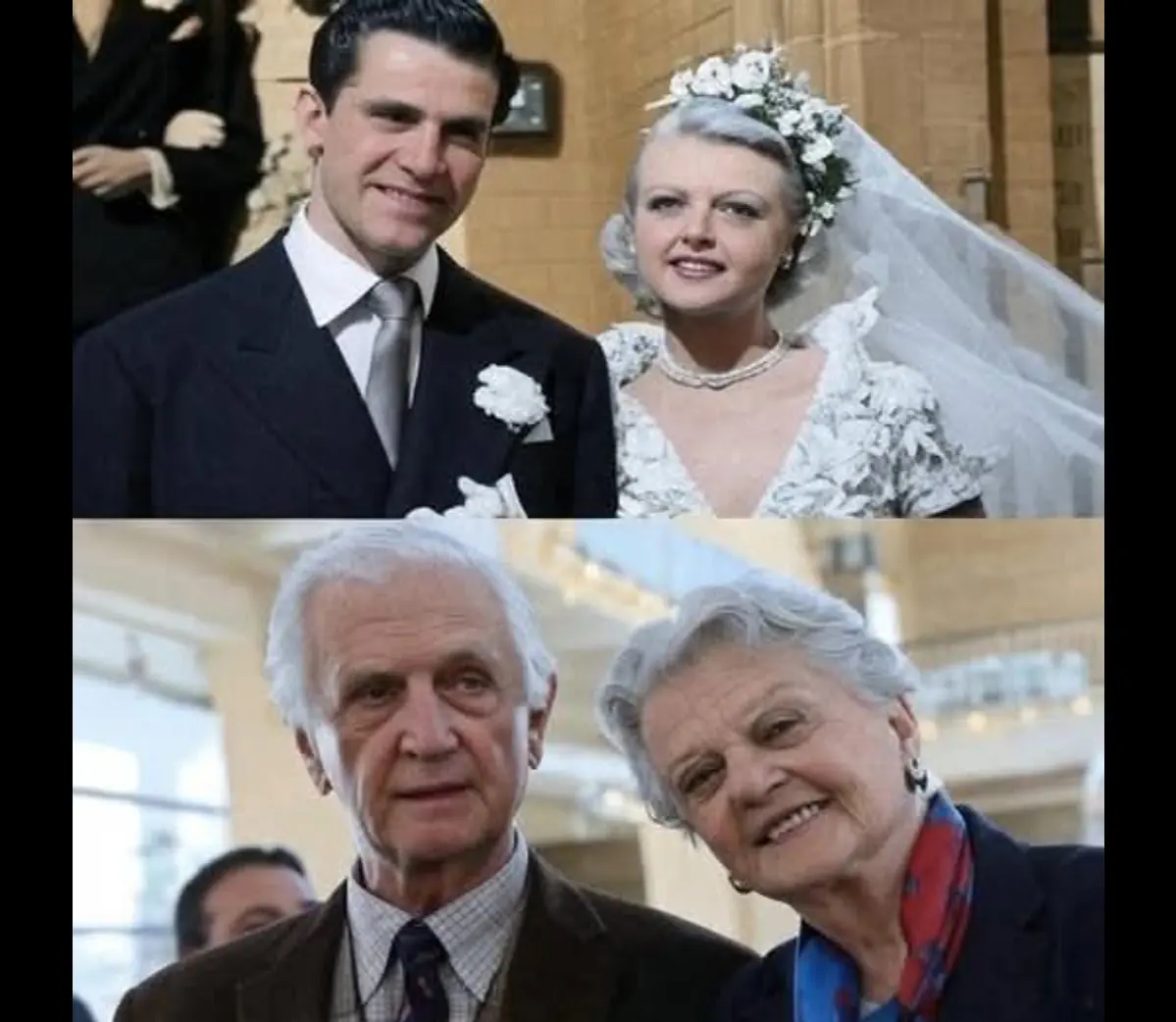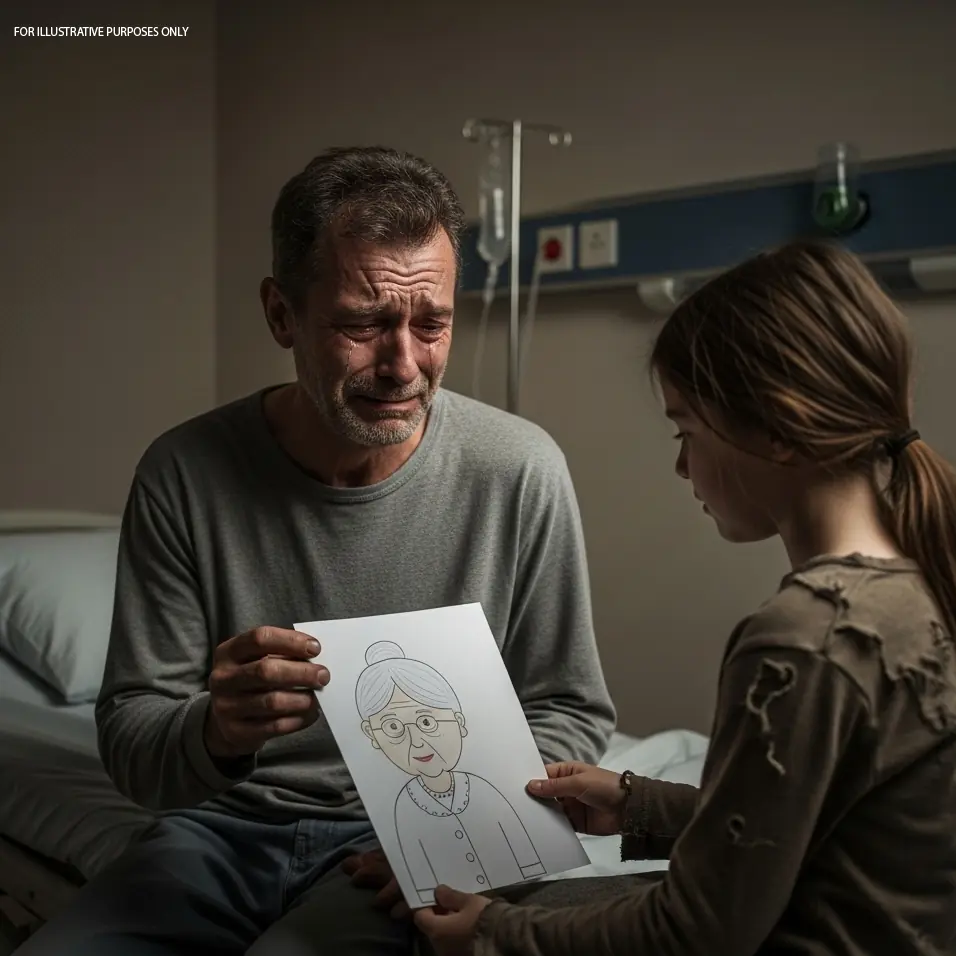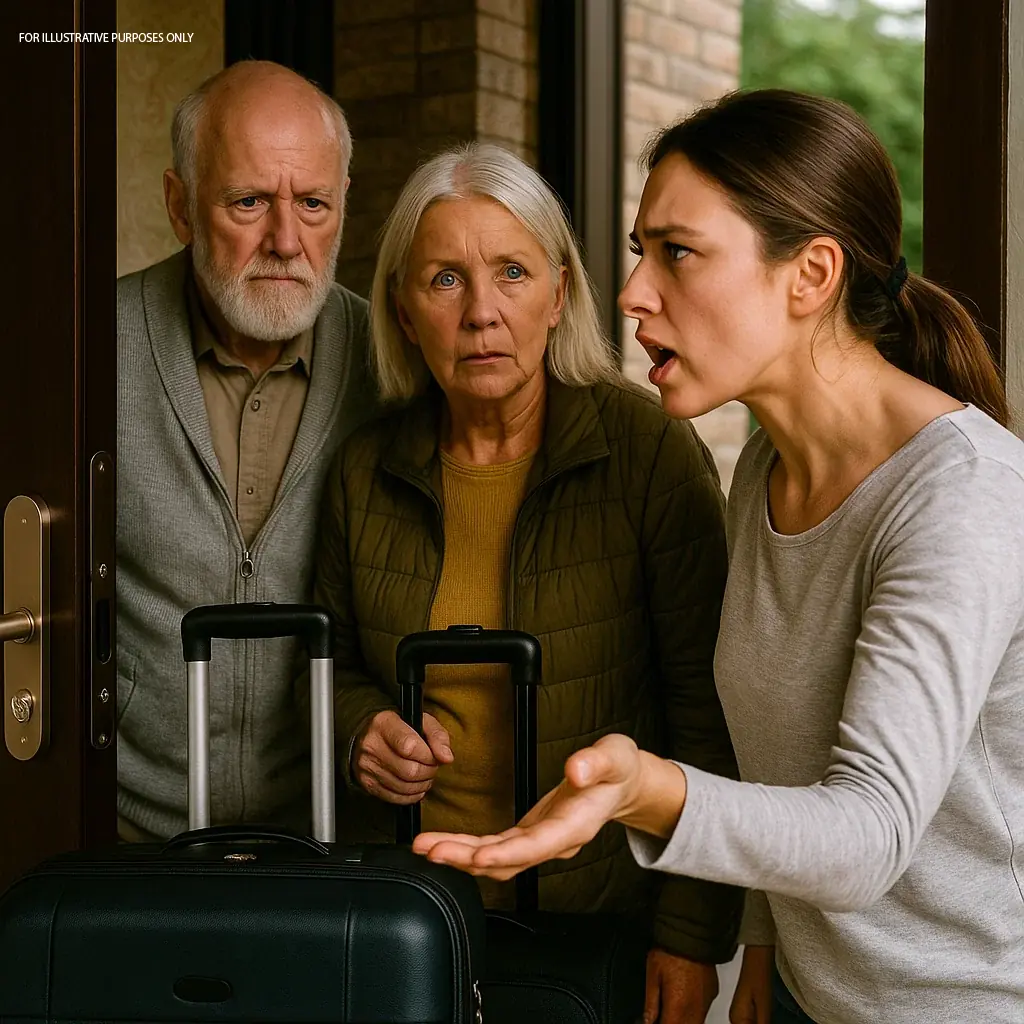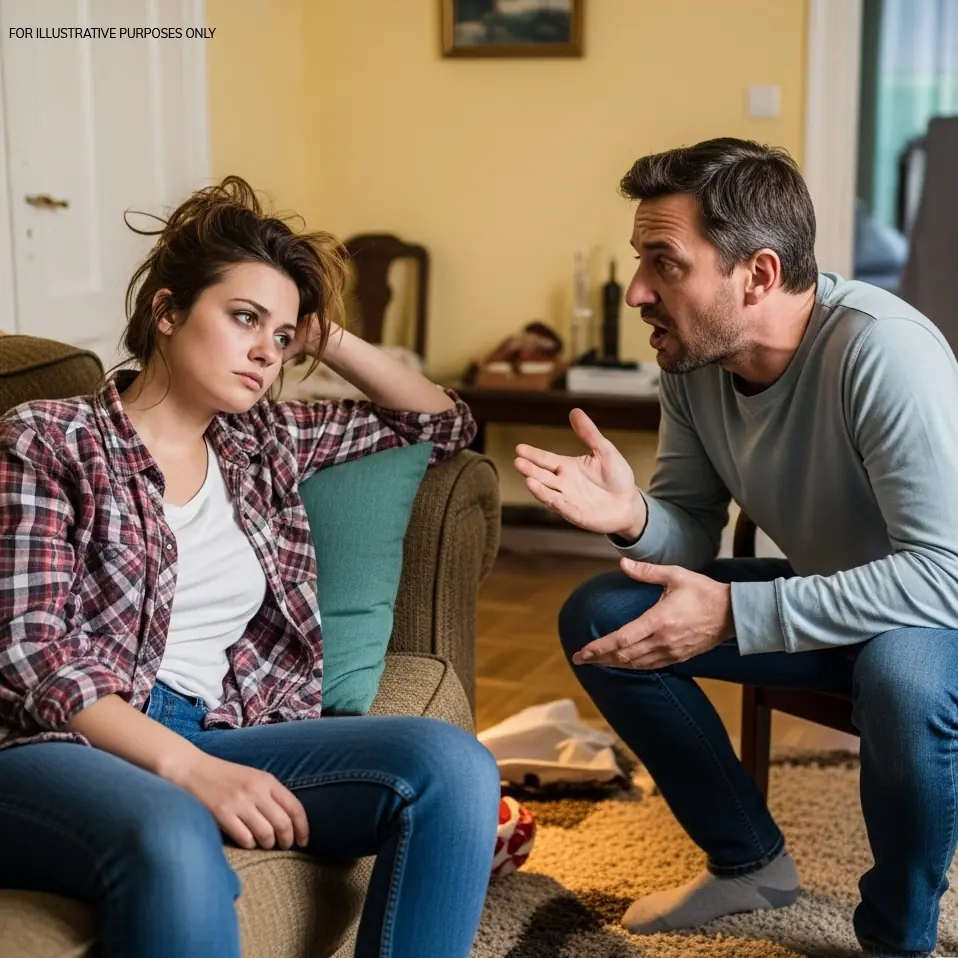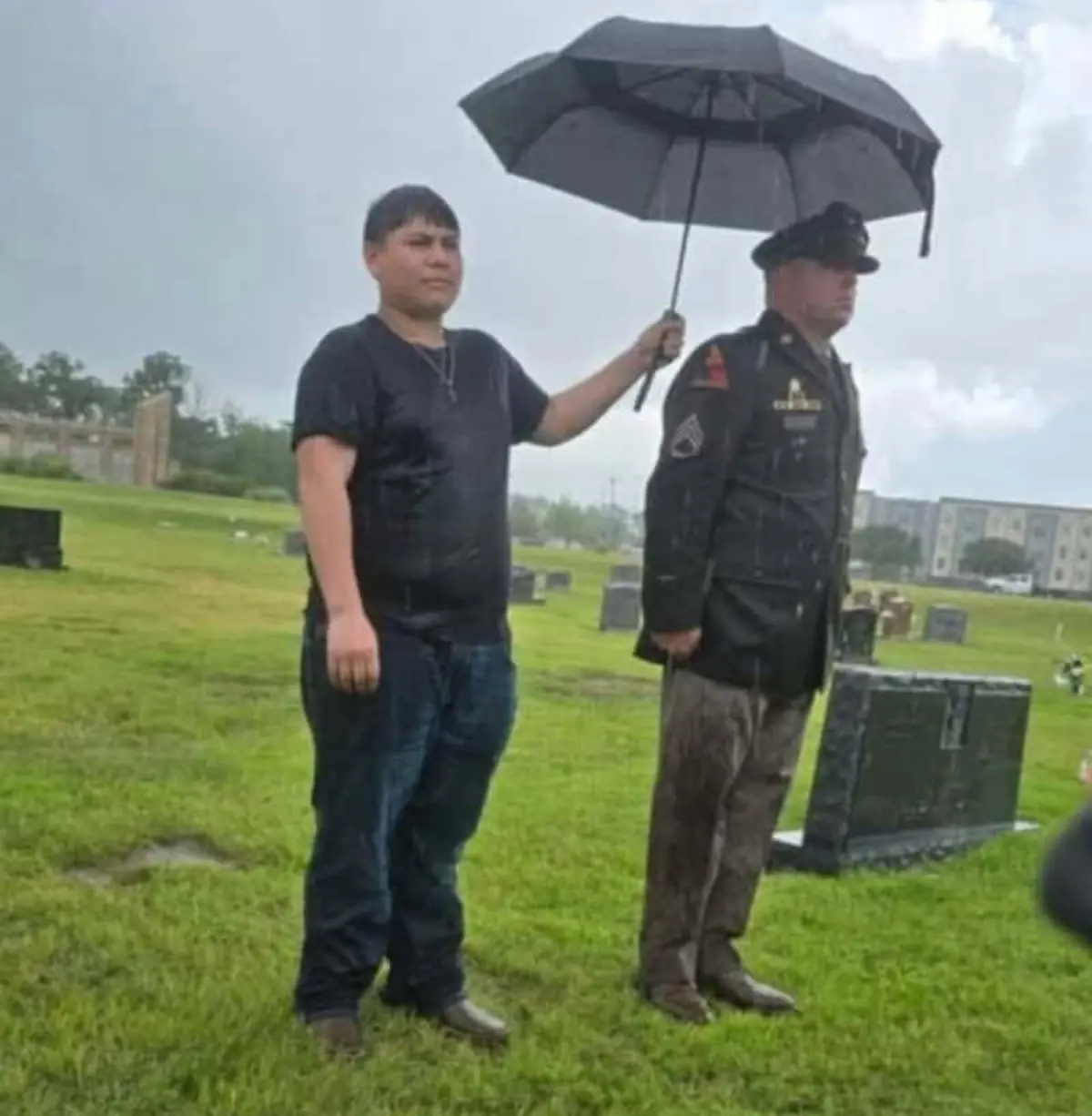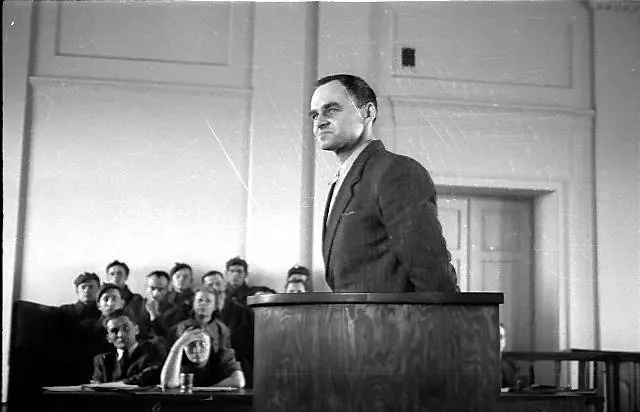— Yes, I have my own apartment now. No, my mother-in-law won’t be living here. Not even “temporarily.” I’ve had enough of your “family!”
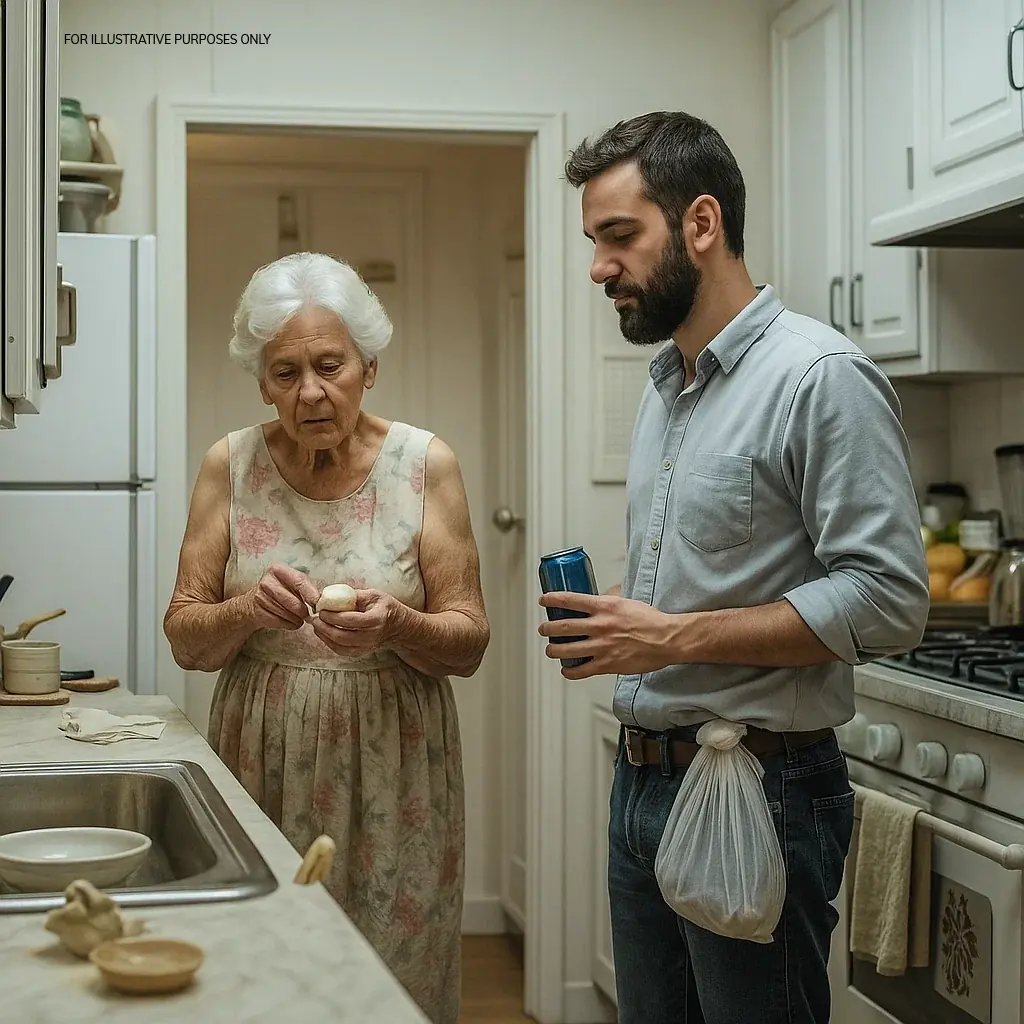
“Are you completely out of your mind?!” Elena Pavlovna slammed open the kitchen cabinet door. “Shampoo for eight hundred rubles?! What is this, golden soap? Do you even realize how much money that is? If you want such luxury, buy it with your own salary!”
“That’s my shampoo, Elena Pavlovna,” Miroslava said tiredly, not even turning away from the sink. She was washing the dishes after dinner, which, as usual, no one in the family had participated in. “And I bought it with my own money. Mine, by the way, not yours.”
“Uh-huh, yours…” her mother-in-law drawled, her voice already boiling with anger. “Yours, huh? And whose apartment are we renting here? Whose furniture is this? Who pays for the gas? My Sergey’s! And you live like a queen! You can’t even pick up a rag, it’s all me, me, me…”
“I’m holding a rag right now,” Miroslava hissed through clenched teeth. “Did you notice?”
“Don’t be rude! I spent thirty years working at school to tolerate such insolence!”
“And I’ve been alive for thirty years—and I’m only just starting to understand how much nonsense I’ve been putting up with. Thanks for the lesson.”
Elena Pavlovna snorted, turned around, and stomped out of the kitchen with a showy clatter, leaving behind the scent of “Jasmine” and her own resentment.
Miroslava lingered by the sink. Water ran over her hands, but inside, her chest tightened into a sharp, prickly knot. How much longer could she endure this? Six years. Six years of humiliation. Six years since she married Sergey. Six years living in the same apartment with his mother, who, if she could, would be taking the temperature of pots and writing down every move of her daughter-in-law in a notebook.
When she first started dating Sergey, he seemed completely different. Gentle, attentive, as if from another family. He said he was living with his mother temporarily—after the divorce, it was more convenient. He promised they would rent their own apartment, then buy one as soon as they had the money. But a year passed. Then two. Money appeared, but not for an apartment—for a car, a new jacket, kitchen repairs “for mom,” and “a trip to Sochi with mom, since she’s never been.”
And so it went—until today.
She took a bottle of mineral water from the fridge, opened it, and sat at the table. No wine, no cigarettes—she didn’t drink or smoke. Though after especially hard evenings with Elena Pavlovna, sometimes she wanted both.
Sergey came home late. As usual—with a can of beer and a bag from “Pyaterochka.” He tiptoed in, as if afraid to break the silence reigning in the apartment. He took off his jacket, lingered by the fridge, staring inside as if expecting someone to have secretly put in a roast chicken with garnish and compote.
“Did you have dinner?” he finally asked, without turning.
“Yes, your mother and I argued over first course, second course, and compote. Very filling.”
Sergey grimaced. Closed the fridge, sat opposite her, opened the beer. Was silent for a minute.
“Mira, don’t start again.”
“I’m not starting. I’m ending, Sergey. I’m tired. This isn’t life. It’s some kind of eternal committee on how to raise the daughter-in-law.”
“Well, you know, mom’s like that. She can’t be changed. You just have to endure…”
“Endure? How long? Until I’m forty? Until we have a child who will hear grandma call mom a freeloader? Or until I jump out the window from the third-floor balcony?”
He fell silent. Again. As always. Without a position, without character, without defense. He had an amazing ability to disappear when he was supposed to be present. Physically there, but mentally gone like a bad joke in a poor TV show.
“Well, if you want, I can talk to her…” he finally mumbled.
Miroslava laughed. Quietly, but with such bitterness that even Sergey flinched.
“You? Talk? She’ll put you in your place with one phrase. Your ‘Mommy, enough already’ sounds like ‘Mommy, pour the borscht.’ She doesn’t see me as a person. And she sees you as a man.”
“You’re exaggerating.”
“No, you’re giving in. And that’s the difference.”
Silence hung in the room. Only the fridge clicked its thermostat, as if deciding whom it would be on today—the wife’s or the mother-in-law’s side.
Miroslava stood up. Slowly, calmly. Like someone who no longer had illusions.
“Listen carefully, Sergey. Tomorrow I’m taking a day off. I’m going to the notary. I got a letter—grandpa died. He left me an apartment in Sergiev Posad. I don’t believe it yet, but if it’s true—I’m moving. Alone. If you want, come. But without your mother. Never again.”
“Are you joking?”
“No. But if you want, we can have a family evening—you, me, and Elena Pavlovna. Sitting at the notary’s, drinking tea, dividing the inheritance. Just keep in mind: this time—I’m the boss. And the shampoo will cost exactly what I want.”
Sergey looked at her like a stranger. As if he was seeing not a home cook, not a plug between him and his mother, but a living person. A woman with character. A woman he was losing.
Miroslava went to the bedroom. And he stayed sitting there, with an open beer that suddenly tasted awful.
“You’re crazy, Mira! How do you even imagine it?! Going there, to Posad, alone? By yourself? And me?” Sergey paced around the room as if someone had placed a carpet with buttons under his feet.
“You can come with me,” Miroslava said calmly, leaning back on the couch. “But on one condition: your mother doesn’t come. Not even for a day. Not to ‘stay while the repairs are done.’ Not ‘she’s here temporarily.’ Just us. Two of us. Otherwise, I’m going alone.”
“You’re forcing me to choose between my wife and my mother?” His voice trembled, and Miroslava didn’t know whether it was anger or because he finally had to make a choice for the first time in his life.
“No, Sergey. You put yourself there when you stayed silent like a rag for six years every time she called me a freeloader.”
Sergey turned to the window. Watched as cars parked outside, as the downstairs neighbor took out the trash in a housecoat. He was expecting anything but this. He thought everything would be as usual: argue, be silent, sleep it off, and she would forget. But here she was—stubborn, distant, and determined.
“Listen,” he said in a hoarse voice. “Let’s not rush. Who knows what that apartment in Posad really is. Maybe it’s not even an apartment. Maybe it’s a share in a dormitory on the outskirts. We’ll go—figure it out. Together. Then come back.”
“No. I won’t come back. I’ll start over there.”
“Start over?” Sergey laughed bitterly. “Alone? Without a job? Without me? Do you think anyone is waiting for you there? Smart girl. Saw the apartment—and boom, crown on your head.”
“Listen, Sergey, you were always soft. But now you’re just a coward. A coward hiding behind your mom’s back, afraid to take a step. And I’m not afraid anymore. I’m not twenty anymore. I don’t want to grow old in a three-room communal apartment with your mother, who reminds me every day that I’m unnecessary.”
He opened his mouth to say something—and at that moment, as if on cue, there was a knock at the door.
“Open up! It’s me!” came a familiar voice from behind the door. Elena Pavlovna.
Miroslava glanced at her husband. “You said yourself: don’t touch mom. Go deal with it.”
He got up. Walked slowly. Clicked the lock.
“Why did you lock the door like from enemies? Or are you already hiding from me?” The mother-in-law entered like a queen. “Sergey, I bought your favorite. Liver stew, how you like it. Looks like a celebration—kettle’s whistling. Miroslava, why are you like this?”
“I’m leaving,” she answered shortly. “Moving to Sergiev Posad. For good.”
“What?!” Elena Pavlovna froze, the bag in her hands hanging lifelessly. “Why now?”
“I have an apartment there now. An inheritance from grandpa. And I’m starting over. Without…” she wanted to say “you,” but stopped. “Without pressure.”
“And Sergey? Have you thought about him? He’ll be working, and you’ll be lying on the stove in your Posad, right? Or you’ll seduce some neighbor while your husband’s working hard in Moscow?!”
Miroslava closed her eyes. Her hands trembled, but her voice remained calm:
“I thought about myself. For the first time in six years.”
“Ah, you…” The mother-in-law stepped forward, and then what happened shocked everyone.
Sergey stood between them.
“Enough, Mom.”
Miroslava flinched. Elena Pavlovna froze.
“What did you say?”
“Enough. Don’t pressure. Don’t yell. Don’t insult. She’s leaving—and maybe that’s right. I don’t know. But I’m tired of standing between you. That’s it, enough.”
“So you… you support her?!” The mother’s voice rose to a shriek. “She’s destroying the family, and you…”
“Mom. We haven’t had a family for a long time. You and I—that’s not a family. We’re just two people living on autopilot for a long time.”
He turned to Miroslava.
“If you want, I’ll come with you. But if you don’t want me to—I’ll understand.”
She nodded. “I don’t want you to. Not until you grow up.”
The next morning, Miroslava stood on the platform. A backpack, a bag with documents, a stack of letters from grandpa she kept in a linen drawer, and the feeling that her heart was being torn in two.
Sergey didn’t come. Didn’t call. Elena Pavlovna probably made porridge as usual at eight and rolled her eyes when her son refused breakfast.
The train arrived. Miroslava stepped onto the platform.
She took a step into a new life.
Miroslava stood on the balcony. In an old Soviet building with peeling tiles but a view of the monastery domes. Spring in Sergiev Posad smelled different—not of smog and stairwell vacuuming, but of bird cherry and fresh earth. She’d been here two weeks. Slept poorly, woke early, but for the first time in many years, felt: she was home. At her own place.
The apartment was better than she expected. A two-room with a balcony, sturdy, though with furniture from the 80s. Miroslava rolled up rugs, threw away peeling nightstands, took Brezhnev’s portrait off the nail, and sighed with relief. The kitchen had an electric kettle that buzzed like a jet plane, but the tea boiled—real tea, tasting like freedom.
The first week she only slept and drank coffee. The second week she started calling employers. Found a school in the next district looking for a Russian substitute teacher. Yesterday she took on a tutoring student. Things started moving.
Sergey didn’t call.
At all.
He disappeared as if he never existed. No calls. No messages. No “sorry,” no “come back.” Miroslava was angry. She had given him a chance. Openly, like an adult. And he hid, like a teenager. Behind his mother. Behind grievances. Behind “I don’t want to decide anything.”
But worst of all—she didn’t care anymore.
On the third week after moving, her phone finally buzzed from an unknown number.
“Hello?”
“It’s me,” a familiar voice. Tired. Soft. “Sergey.”
She was silent.
“I… I thought. It’s not that simple. We’ve been together for so many years… Maybe you left in a hurry for no reason?”
Miroslava turned to the window. An old woman in an apron was talking to a man in a tracksuit near the entrance. He nodded, striking matches in his hand.
“In a hurry?” she repeated. “Sergey, your mom threw a slipper at me in a hurry when I said I wanted children. Did you forget that too?”
He sighed.
“You knew what she was like. It all comes with time. She was just having a hard time with your father’s death.”
“And I had a hard time without support. You know, Sergey, I realized one thing. All this time I was like in a stranger’s house. And now—I’m home. Here. Even with peeling walls, even without you. But home. And I’m… calm.”
Pause. Long.
“I still thought about coming. To see the apartment. To see you. Maybe something can still be saved.”
“Come,” she said suddenly. “But only alone. No mother, no ‘what if you change your mind,’ no hope for a free ride. And you won’t see the apartment. It’s not for guests. It’s for me.”
“You’ve become angry,” he said hurt.
“No, Sergey. I just stopped being convenient.”
And she hung up.
That same evening, he still came. Rang the doorbell. Stood with a box of chocolates and a face like a naughty schoolboy.
“May I come in?”
“No. But we can talk. On the bench. Five minutes.”
They went outside. Sat down. He fiddled with the box as if hoping the truffles and glaze would make her forgive him.
“I wanted to understand how you live. I miss you. Very much. It’s not easy. At home, it’s like without you… well, not the same.”
“Sergey, you don’t miss me. You miss how I saved you from your mother, from decisions, from life. I left not because I hated you. But because I loved myself.”
He lowered his head.
“I could have changed everything. I could… well… try.”
“Too late. I’ve already changed everything myself.”
He stood. Walked away. Then suddenly turned back.
“And if I decide after all? If I tell mom—enough, live your life? Will you give me a chance?”
Miroslava looked at him. Long. Insightfully. Then smiled.
“I will. But only if you understand: you won’t be living with a wife who helps your mom around the house. You’ll live with a woman who has an apartment, a job, freedom—and pride. Can you handle that?”
Sergey nodded silently. Without confidence. Without words.
She closed the door behind her, leaving him on the stairwell. For the first time in many years—with a sense of ease. No one needed to save her anymore. No one could break her now.
A month later, Miroslava filed for divorce. Sergey didn’t come. Didn’t call. Only sent papers and a note by mail: “You were right. Sorry.”
She hung the documents in a folder next to her diploma. As proof: she could, she dared, she saved herself.
